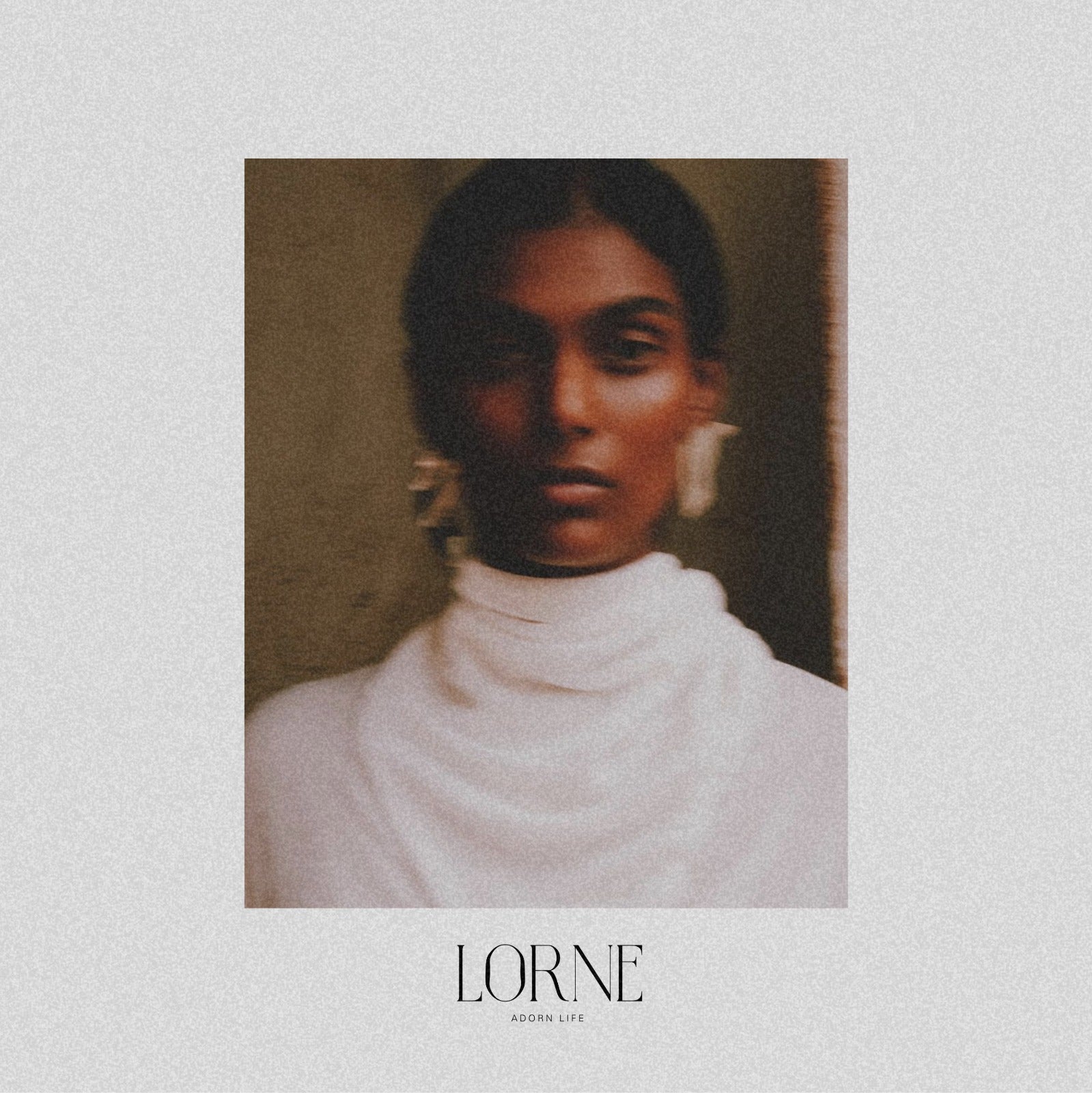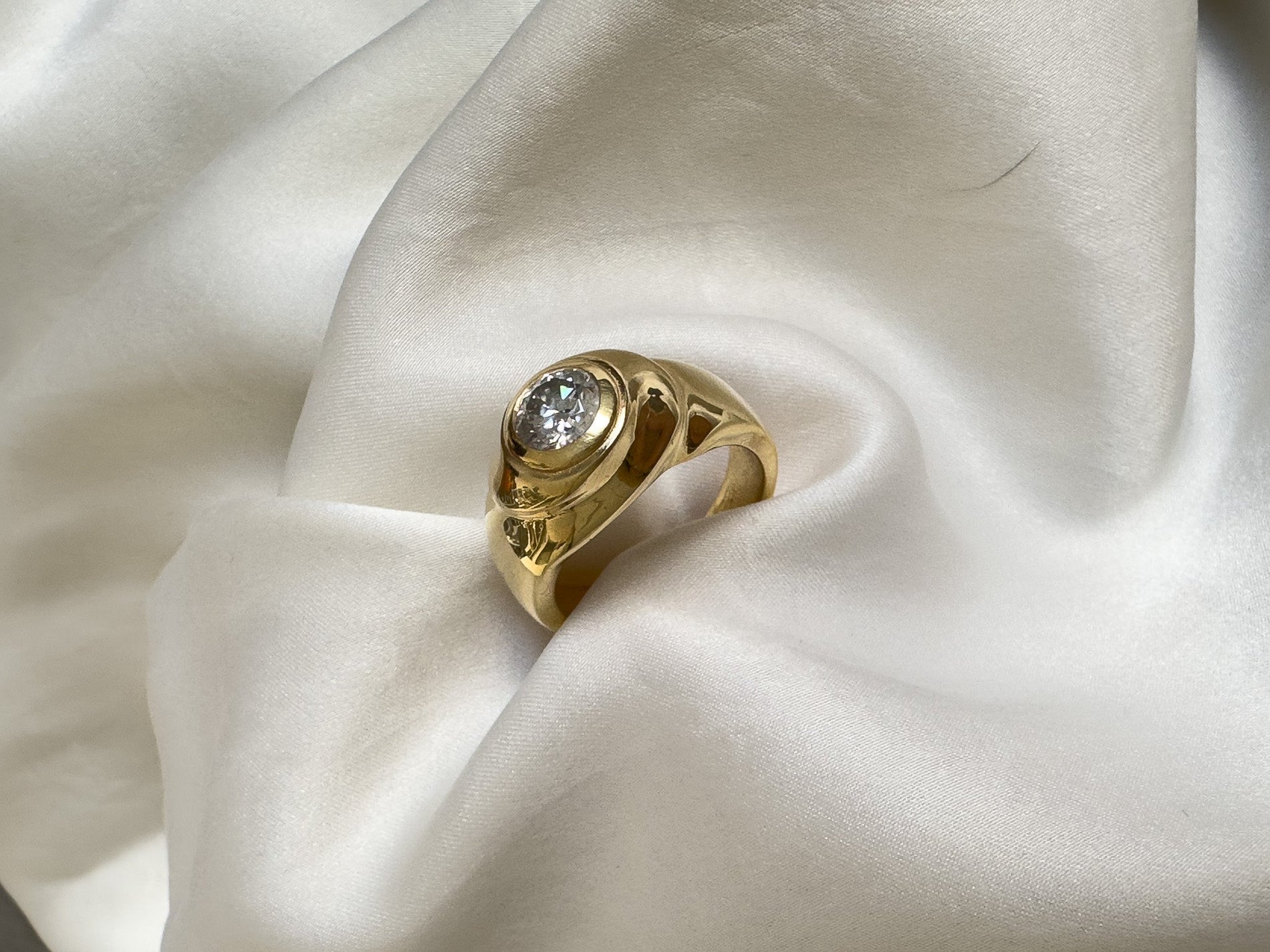The Art of Gemstones: Understanding Their Beauty and Value
Gemstones have captivated us for centuries, not only for their dazzling beauty but also for the stories they carry. Whether you're choosing a stone for a bespoke engagement ring or learning how to care for your jewellery, understanding gemstone characteristics is key to making informed and lasting decisions. Here's a user-friendly guide that breaks it all down.
1. Gemstone Hardness: Mohs Scale
The Mohs scale measures a mineral's resistance to scratching. This is an essential factor in choosing the right stone for daily wear items like rings.
| Gemstone | Hardness (Mohs Scale) | Suitable For Daily Wear? |
|---|---|---|
| Diamond | 10 | Yes |
| Sapphire | 9 | Yes |
| Ruby | 9 | Yes |
| Topaz | 8 | Yes, with care |
| Quartz (Amethyst, Citrine) | 7 | Avoid heavy impact |
| Moonstone | 6 - 6.5 | Best for occasional wear |
| Opal | 5.5 - 6.5 | Handle with care |
| Pearl | 2.5 - 4.5 | Very delicate |
Tip: Harder stones are better suited for rings and bracelets. Softer stones are better protected in earrings and pendants.
2. Birthstones by Month
| Month | Birthstone(s) |
| January | Garnet |
| February | Amethyst |
| March | Aquamarine, Bloodstone |
| April | Diamond |
| May | Emerald |
| June | Pearl, Moonstone, Alexandrite |
| July | Ruby |
| August | Peridot, Spinel |
| September | Sapphire |
| October | Opal, Tourmaline |
| November | Topaz, Citrine |
| December | Tanzanite, Turquoise, Zircon |
3. Gemstone Families
Understanding gemstone families helps group similar-looking stones with shared properties.
| Family | Notable Members |
| Quartz | Amethyst, Citrine, Rose Quartz |
| Corundum | Ruby, Sapphire |
| Feldspar | Moonstone, Labradorite |
| Beryl | Emerald, Aquamarine, Morganite |
| Spinel | Red, Pink, Blue Spinels |
| Garnet | Almandine, Pyrope, Tsavorite |
4. Stone Cuts: Shape Meets Light
| Cut Type | Description |
| Brilliant Cut | Maximises sparkle through many facets; perfect for diamonds. |
| Step Cut | Long, rectangular facets that highlight clarity; found in emeralds, asschers. |
| Cabochon Cut | Smooth, domed cut; no facets; ideal for opaque stones like moonstone, opal. |
Visual Guide:

5. Understanding Carat Size and Diamond Quality (The 4 C's)
-
Carat: Refers to the weight of the stone, not size. One carat = 0.2 grams.
-
Cut: Impacts brilliance. A well-cut diamond reflects light beautifully.
-
Colour: Graded from D (colourless) to Z (light yellow or brown).
-
Clarity: Measures internal flaws (inclusions) and external blemishes. VVSI stands for very very slightly included, I1 stands for included 1. Ideally you would like your diamond to be eye-clean, meaning that without magnification, the internal inclusions are not visible. Depending on where the inclusion lies, you will generally find the VVSI to SI1 are safe clarity grades for eye-clean stones.
Diamond Light Performance Graphic:
| Cut Quality | Light Reflection | Appearance |
| Excellent Cut | Maximum brilliance | Bright, sparkly |
| Poor Cut | Light leaks below | Dull, lifeless |
Note: Lorne Jewellery ensures every diamond is assessed for optimal depth, table size, and girdle proportion to maximise light return and beauty.
6. Most Popular Gemstones: Value Ranking
| Rank | Gemstone | Notes |
| 1 | Diamond | Most valued; iconic brilliance |
| 2 | Ruby | Rare, especially in deep red tones |
| 3 | Emerald | High demand; prone to inclusions |
| 4 | Sapphire | Classic and durable |
| 5 | Alexandrite | Rare colour-changing stone |
| 6 | Tanzanite | Vivid purple-blue; single-source |
| 7 | Spinel | Rising popularity and value |
| 8 | Aquamarine | Soft blue tone; elegant and calming |
| 9 | Amethyst | Accessible and widely loved |
| 10 | Garnet | Varied colour; historically prized |
In Summary
Knowing your gemstones is more than just appreciating their beauty. It empowers you to choose wisely, care confidently, and enjoy your pieces for generations to come. At Lorne Jewellery, we hand-select stones based on more than appearance alone. We look at every detail that influences beauty and longevity, so you can wear your jewellery with pride and peace of mind.
For more guidance or to view stones in person, reach out to us for a bespoke consultation.


